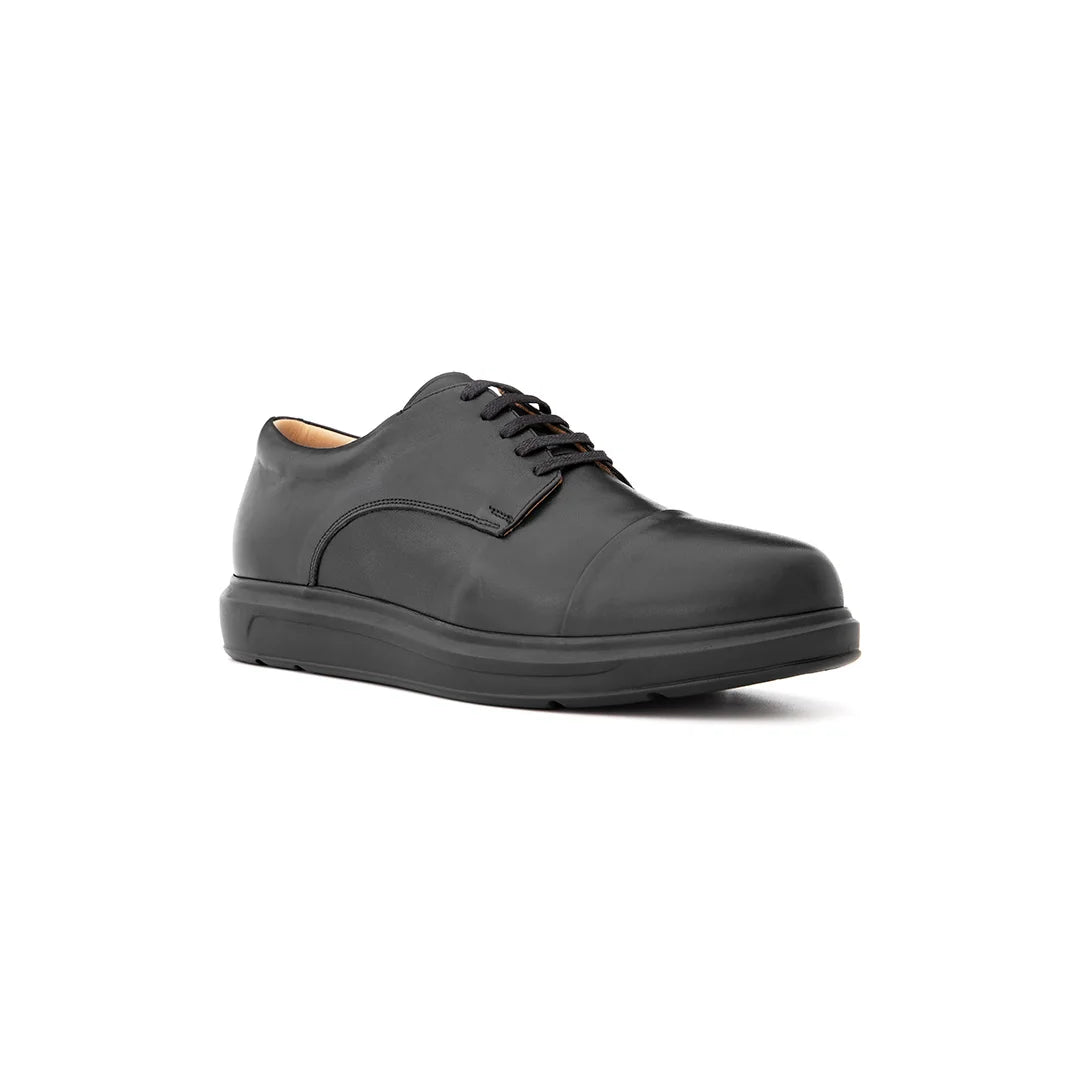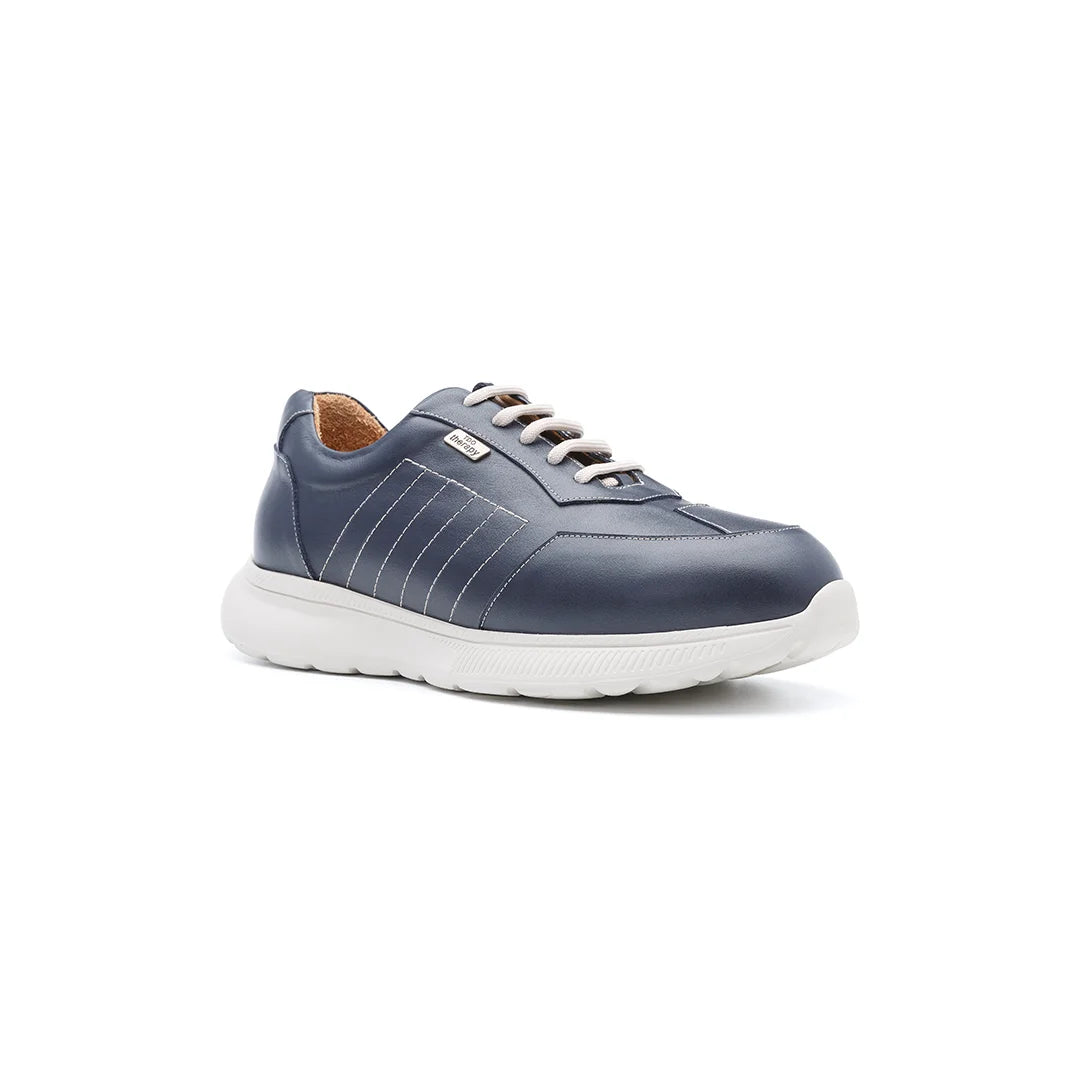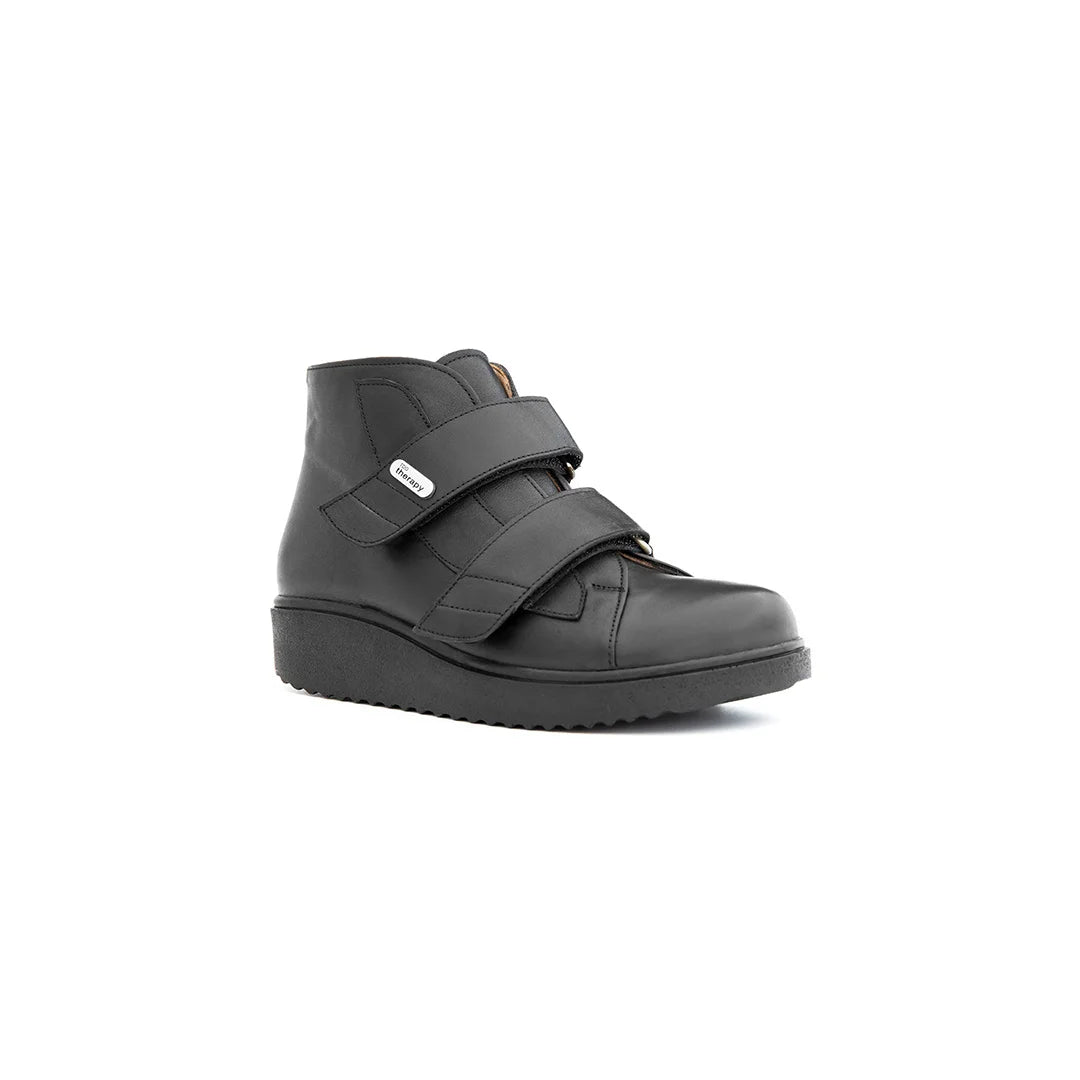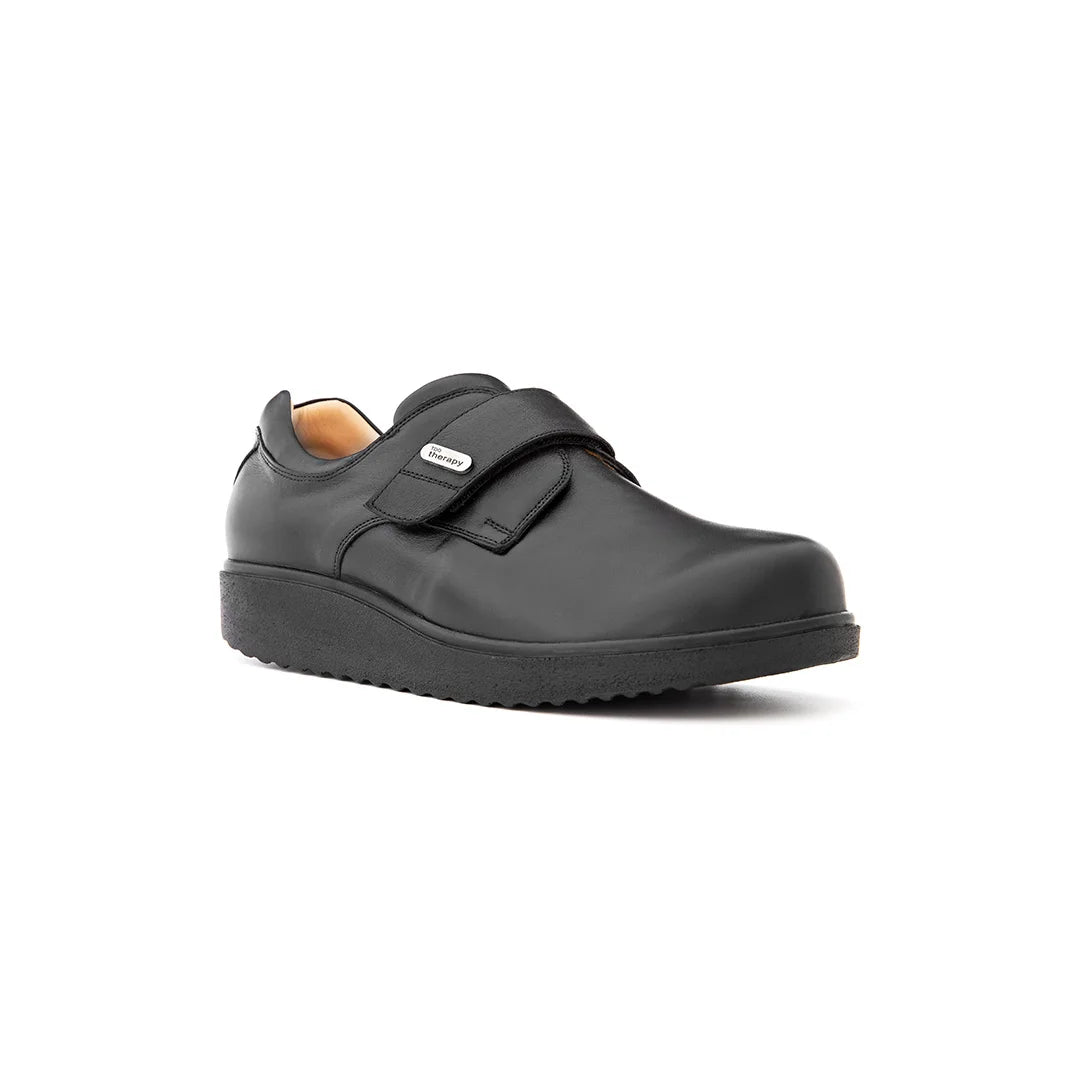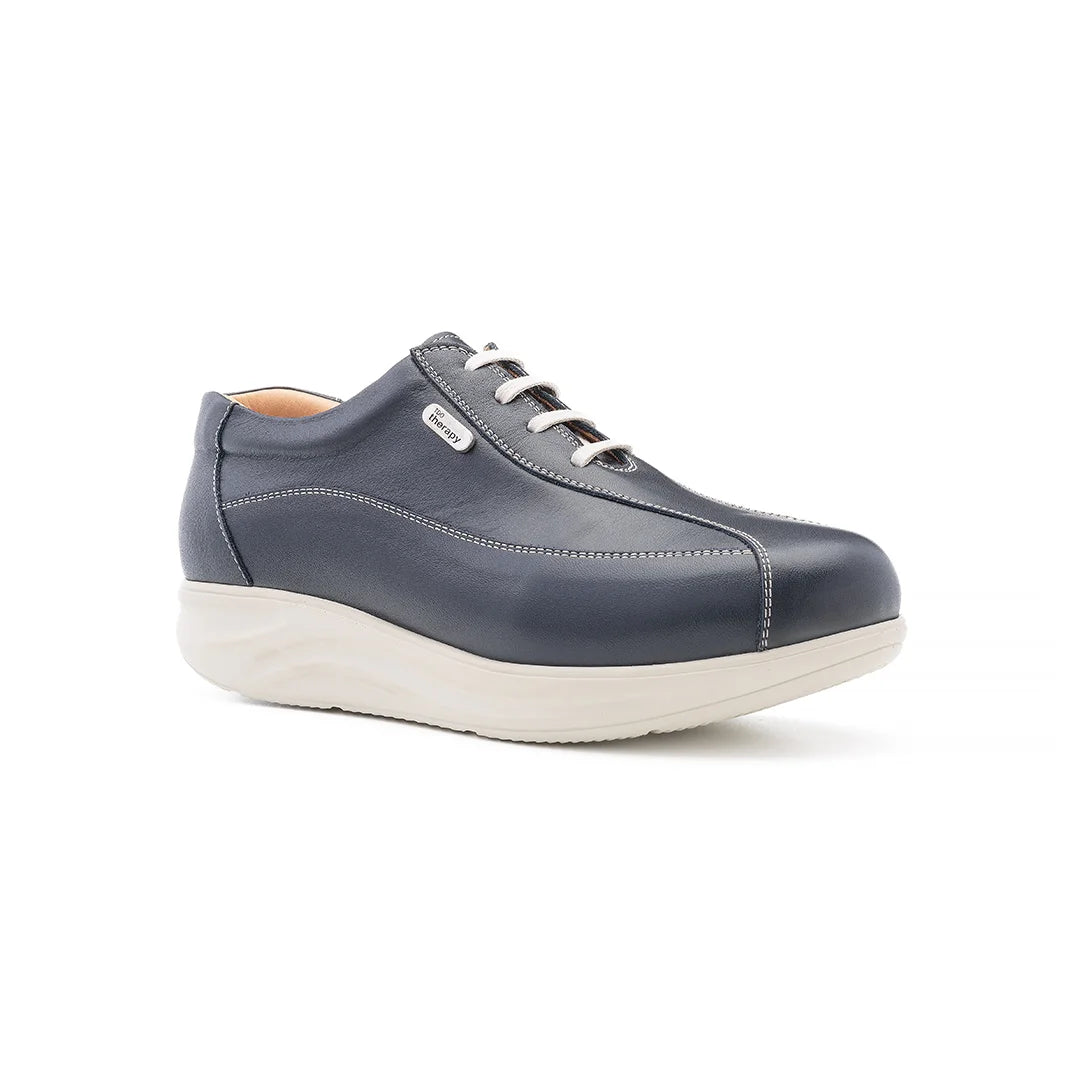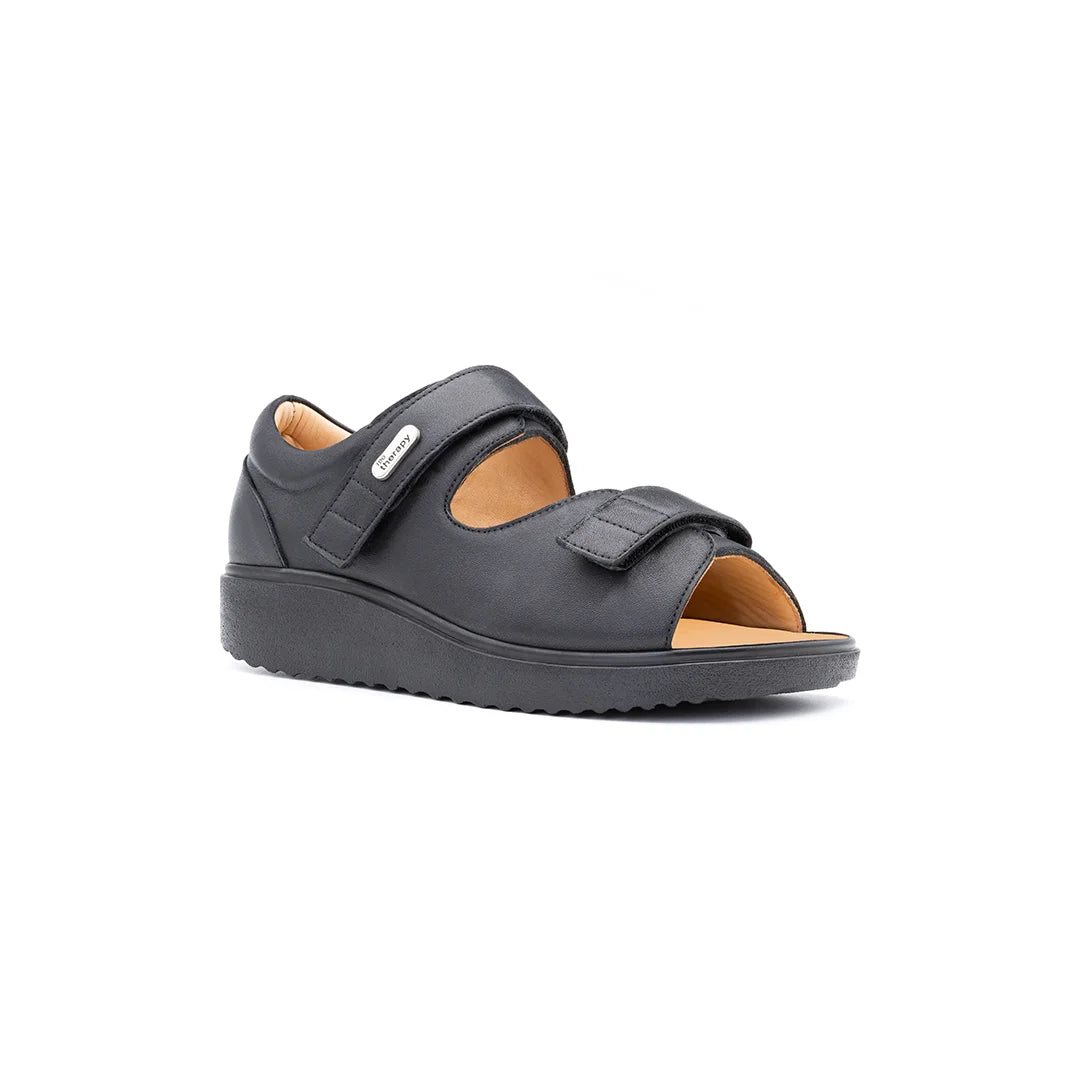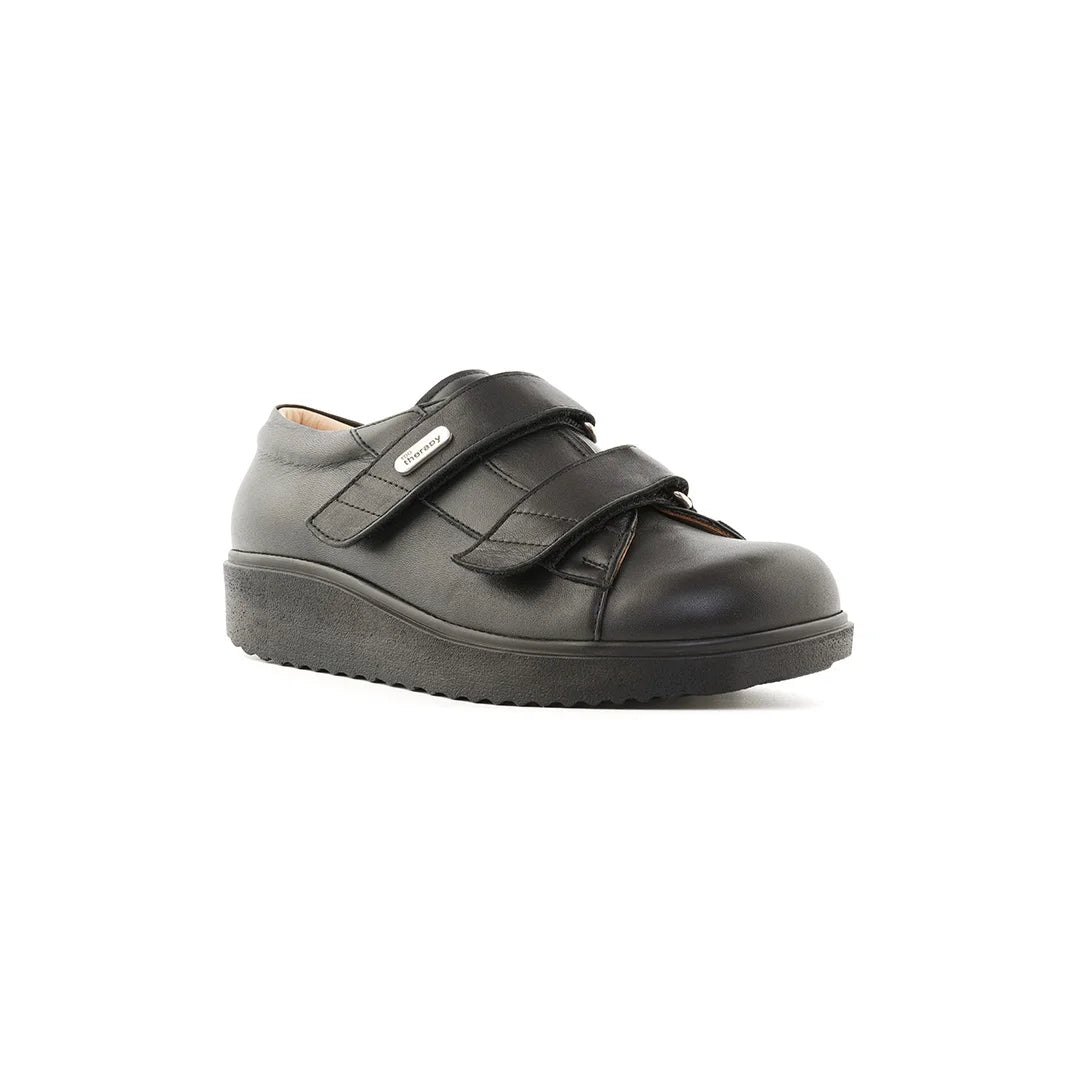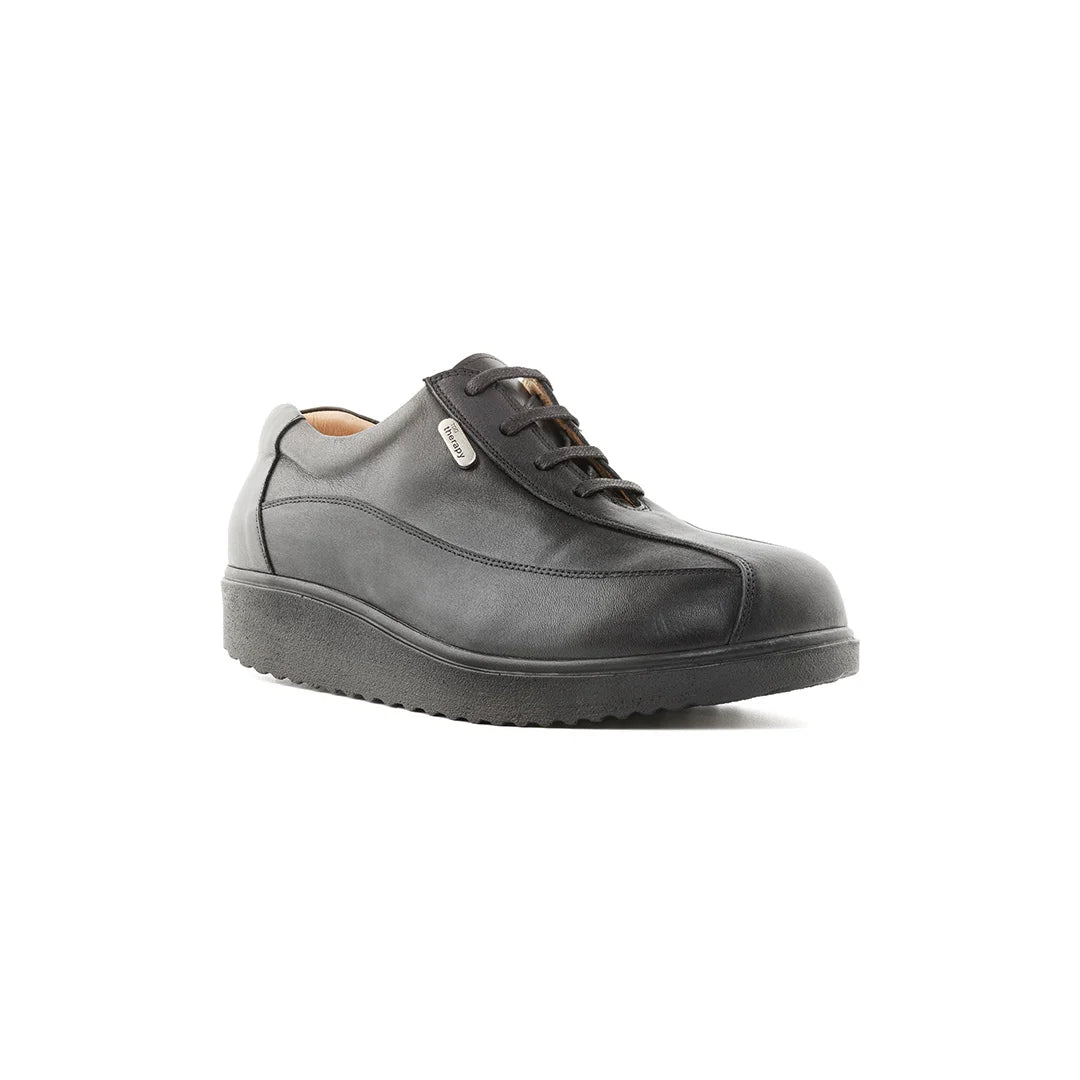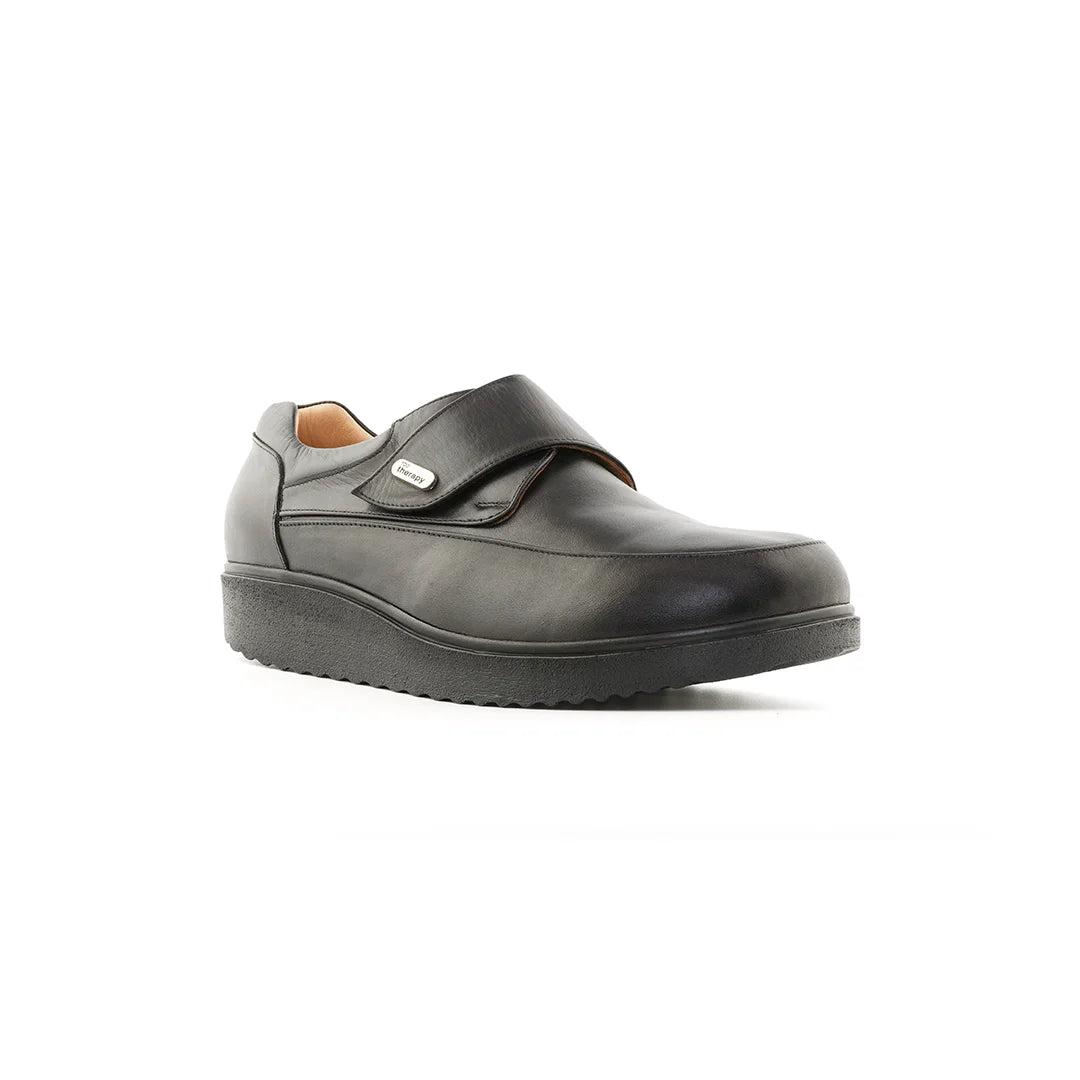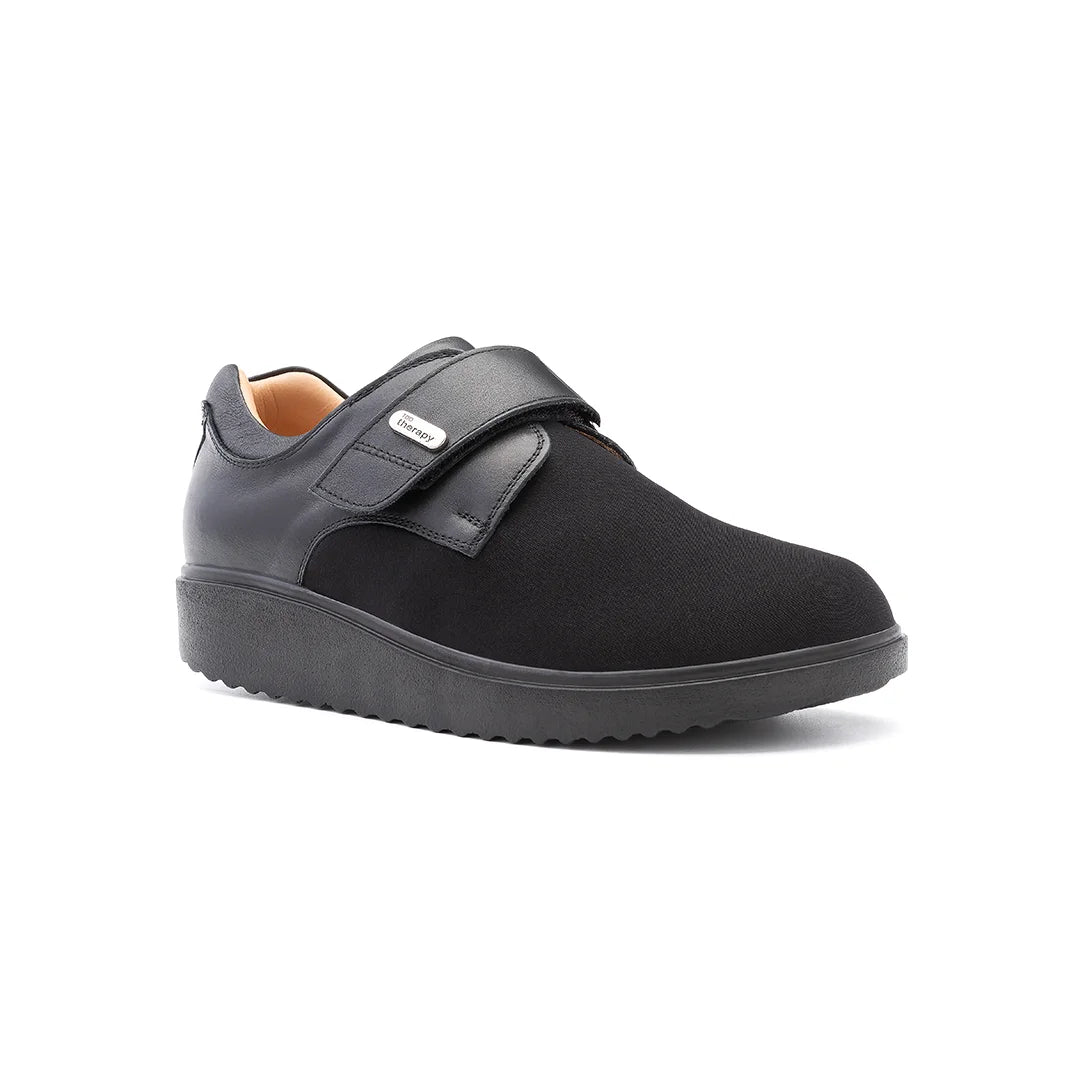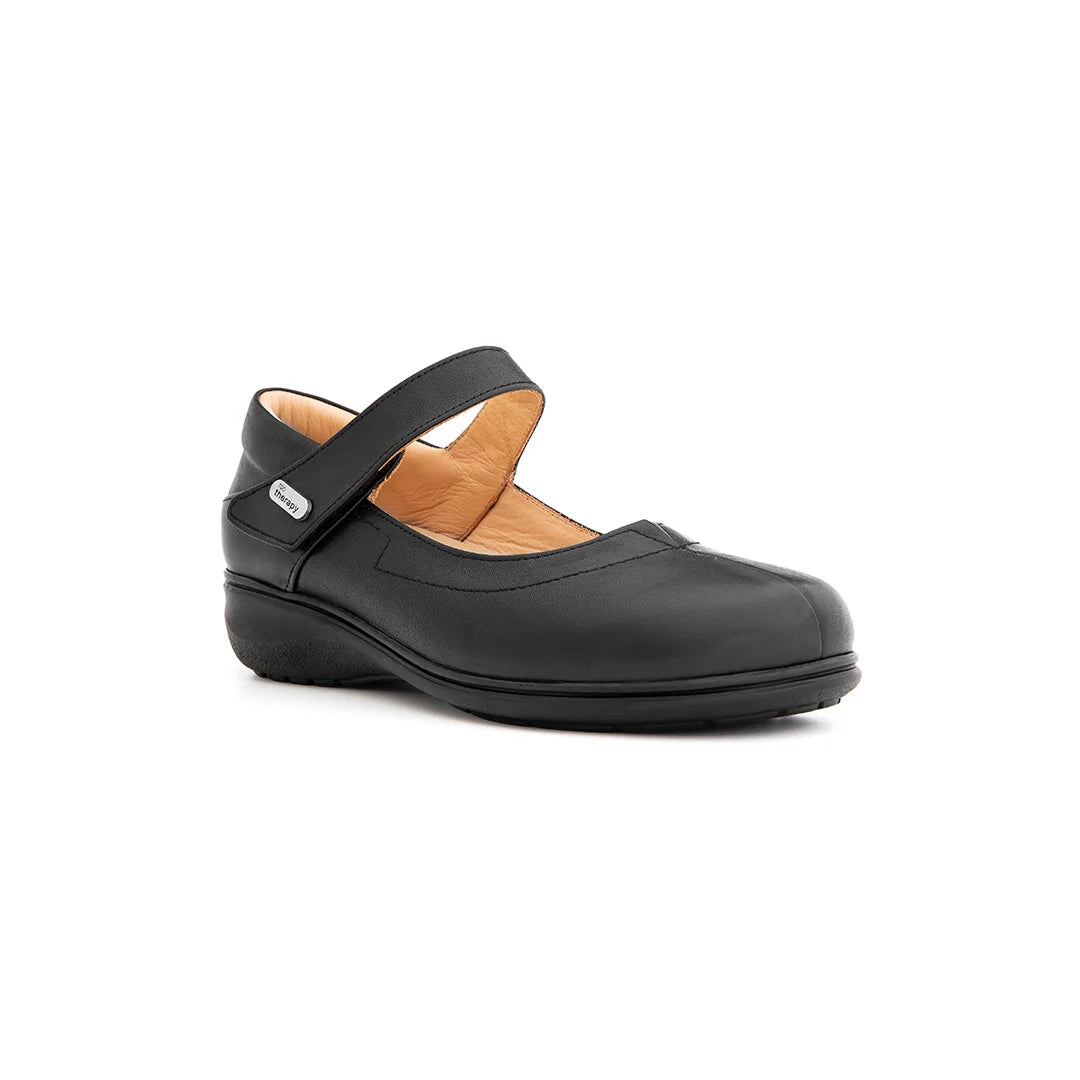Having swollen feet can be a real bother, making everyday tasks tricky and finding comfortable shoes a proper nightmare. Whether it's from standing all day, an existing health condition, or even just pregnancy, swollen feet need special attention when it comes to footwear. The right disability shoes for swollen feet aren't just about looking good; they're about feeling good, getting around easier, and making sure your feet are supported. This guide will walk you through the best types of shoes out there that can help manage swelling and keep you comfy.
Key Takeaways
- Look for shoes with adjustable features like Velcro or elastic to accommodate changing foot sizes throughout the day.
- Breathable materials such as mesh can help keep feet cool and reduce discomfort.
- Extra wide and deep toe boxes are important to prevent pressure on swollen areas.
- Consider slip-on styles for ease of use, especially if bending down is difficult.
- Custom-made shoes might be the best option for severe or chronic swelling, offering a perfect, tailored fit.
1. Orthopedic Shoes
Orthopaedic shoes, right? We've all heard of them, but what's the big deal? Well, they're not just for your grandad anymore. These aren't your average shoes; they're specifically designed to provide support and comfort for people with foot problems. Think of them as a hug for your feet, especially if they're prone to swelling.
Orthopaedic shoes can make a massive difference if you're struggling with foot pain or swelling. They're designed to support your feet properly, which can alleviate pressure and improve your overall comfort.
We're talking about shoes that can actually help manage conditions like plantar fasciitis, bunions, or even just general foot fatigue. The key is the extra support and cushioning they provide. Plus, many orthopaedic shoes are designed to accommodate custom orthotics, which can give you an even more personalised fit. It's all about finding what works best for your feet, and sometimes, that means going beyond what you'd find on the high street.
2. Wide Breathable Shoes
For swollen feet, finding shoes that offer both width and breathability is super important. Comfort is key, and these types of shoes aim to provide just that. We've all been there, haven't we? Feet feeling like they're trapped in a sauna – not a good feeling.
Wide, breathable shoes are designed to allow air to circulate, reducing moisture and preventing skin irritation. They also provide ample space to accommodate swelling, ensuring your feet aren't constricted.
Here's what we look for:
- Wide Fit: Extra room to accommodate swelling.
- Breathable Materials: Mesh or other fabrics that allow air flow.
- Adjustable Closures: Velcro or laces to adjust the fit as needed.
Think about materials like mesh – they're lightweight and airy, which helps keep your feet cool and dry. Nobody wants sweaty feet, especially when they're already swollen and uncomfortable. It's all about finding that balance between support and ventilation, right?
3. Easy Closure Shoes
When our feet are swollen, the last thing we want is to struggle with laces or fiddly buckles. That's where easy closure shoes come in! Adaptability is really important when your feet are prone to swelling, and these shoes are designed with that in mind.
Shoes with Velcro straps or adjustable buckles are a godsend. They let us change the fit of the shoe throughout the day as needed. This means we can keep comfy without the shoe feeling too tight. Plus, they're great if we've got mobility issues or arthritis, making it way easier to put on and take off our shoes.
I remember one time, I was rushing to get out the door, and my feet were already starting to swell. I was so grateful I had my Velcro closure shoes on. I just slipped them on, adjusted the straps, and I was good to go. No fuss, no hassle. It made such a difference to my day.
Here's a few reasons why we reckon easy closure shoes are a must-have:
- Adjustability: Change the fit as your feet swell.
- Convenience: Easy to put on and take off.
- Comfort: Avoid pressure points and discomfort.
4. Extra Wide Sneakers
Sneakers are a go-to for many, and when you're dealing with swollen feet, extra wide options can be a game-changer. They provide the space needed to avoid discomfort and allow for better air circulation.
Think about it: regular sneakers can constrict your feet, making swelling worse. Extra wide sneakers, on the other hand, give your feet room to breathe and move, which can really help with pain and discomfort. Plus, many come with features like cushioned soles and arch support, adding another layer of comfort.
Here's why we reckon they're worth considering:
- They offer more room than standard sneakers.
- They often have adjustable closures, like laces or Velcro.
- The extra width can help prevent blisters and pressure sores.
Choosing the right pair of extra wide sneakers can make a massive difference in your day-to-day comfort. It's all about finding the right fit and features that work for you.
5. Slip-On Shoes
Slip-on shoes can be a real game-changer when your feet are feeling a bit swollen. We've found they're super convenient, especially on days when bending over feels like a marathon. The beauty of slip-ons lies in their simplicity and ease of use.
- Easy to put on and take off – a massive plus when mobility is limited.
- Often feature wider openings to accommodate swelling.
- Many styles come with elasticated or expandable uppers for a more comfortable fit.
We reckon slip-ons are a solid choice for anyone who wants to avoid the hassle of laces or buckles. They're not just about convenience, though; the right pair can offer decent support and cushioning too.
6. Adjustable Sandals
When our feet are swollen, finding shoes that actually fit can feel like a proper mission. That's where adjustable sandals come in clutch. The beauty of these sandals lies in their ability to be easily modified to accommodate changes in foot size throughout the day.
Adjustable sandals are great because:
- They often feature multiple straps (Velcro, buckles, or hook-and-loop closures) that you can loosen or tighten as needed.
- Many have wider footbeds and deeper heel cups for added comfort and support.
- They're available in loads of styles, from casual to dressy, so you don't have to sacrifice fashion for function.
We've found that sandals with adjustable straps around the toes, instep, and heel provide the most customisable fit. This is especially helpful if the swelling is uneven or concentrated in certain areas of the foot.
When you're shopping for adjustable sandals, keep an eye out for features like:
- Soft, padded linings to prevent rubbing and irritation.
- Lightweight soles that won't weigh you down.
- Durable construction that can withstand daily wear and tear.
With the right pair of adjustable sandals, you can keep your feet happy and comfortable, no matter how much they swell.
7. Stretchable Shoes
We reckon stretchable shoes are a game-changer when your feet are prone to swelling. These shoes are made with materials that can expand and adapt to the shape of your feet, providing a snug but comfy fit, even when swelling occurs. Spandex or stretchable woven fabrics are often used, as they allow the shoe to expand where needed, reducing pressure and discomfort.
These are some of the benefits of stretchable shoes:
- They accommodate uneven swelling.
- They're great if you have bunions or hammertoes.
- They reduce pressure points.
Stretchable shoes are a great option for anyone who needs a bit of extra give in their footwear. They're especially useful if your feet tend to swell at different times of the day, or if you have any foot conditions that make regular shoes uncomfortable.
8. Diabetic Shoes
Diabetic shoes aren't just for those with diabetes; we find they're also brilliant for swollen feet. They're usually designed with a deep and wide construction, plus uppers that don't bind. This means there's plenty of room for your feet, even when they're feeling a bit puffy.
What's great is that many come with removable insoles. This is super handy if we need to use custom orthotics, giving us even more control over the fit and support. Plus, they're designed to reduce pressure points, which is always a win.
We've found a few things to keep in mind when choosing diabetic shoes:
- Make sure they're made from breathable materials.
- Check for adjustable straps or closures.
- Consider the sole – it should be non-slip and provide good cushioning.
9. Therapeutic Slippers
When we're at home, comfort is key, right? And if our feet are swollen, that comfort becomes even more important. That's where therapeutic slippers come in. They're not just any old slippers; they're designed with features to support and accommodate swollen feet.
- They often have non-slip soles, which is great for safety around the house.
- Many come with adjustable closures, so we can get the fit just right, no matter how much our feet have swollen that day.
- A wide, deep toe box is pretty standard, giving our toes plenty of room to wiggle.
Therapeutic slippers are a game-changer for indoor comfort. They provide a gentle, supportive environment for our feet, helping to alleviate pressure and reduce discomfort. Supportive insoles and arch support are often included, which can make a big difference to our overall foot health.
Basically, they're like a hug for our feet after a long day.
10. Water Shoes
Okay, so water shoes aren't just for the beach or the pool. We've found they can be surprisingly good for swollen feet, especially when it's hot and humid. Seriously.
The key is the material: lightweight, breathable, and quick-drying. They often have mesh uppers that stretch, which is a godsend when your feet are feeling a bit puffy. Plus, they're usually pretty flexible, so they move with your feet instead of constricting them.
Think of water shoes as super-lightweight, breathable socks with a sole. They're not going to provide a tonne of support, but they will keep your feet cool and comfortable, and that can make a big difference when swelling is an issue.
Here's why we reckon they're worth considering:
- They're easy to slip on and off, which is great if bending down is a struggle.
- The stretchy material accommodates swelling throughout the day.
- They're usually pretty affordable, so you can have a pair for different activities.
11. Orthopedic Boots
When the weather turns colder, or you need that extra bit of ancle support, orthopaedic boots can be a game-changer. They're not just about function; these days, you can find some pretty stylish options that don't scream 'medical shoe'. We've found that a good pair of orthopaedic boots can really make a difference in how our feet feel after a long day, especially when dealing with swelling.
- Look for boots with adjustable features, like laces and buckles, to accommodate swelling throughout the day.
- Make sure the sole provides good cushioning and support.
- Consider the material – breathable options are key to preventing moisture build-up.
Orthopaedic boots are designed to provide support and stability, which can be particularly helpful if you have ancle problems or need extra support due to swelling. They often come with features like reinforced heels and supportive insoles.
Finding the right fit is crucial, so don't hesitate to get professionally measured. Comfort is king, after all!
12. Custom-Made Shoes
Sometimes, off-the-shelf just doesn't cut it, does it? When you've got seriously swollen feet, finding shoes that actually fit and feel good can be a real challenge. That's where custom-made shoes come in. We're talking about footwear crafted specifically for your feet, taking into account every lump, bump, and unique measurement.
With custom shoes, you're not just getting something that fits; you're getting something that supports your feet exactly where they need it. This can make a massive difference in your comfort levels and overall mobility.
Think of it like this: you wouldn't wear someone else's glasses, would you? Your feet deserve the same level of individual attention. Custom shoes can address specific issues like bunions, hammertoes, or significant differences in foot size.
Here's what makes custom shoes a great option:
- Perfect fit: No more squeezing or rubbing.
- Targeted support: Addressing your specific foot needs.
- Style choices: You get to pick the materials and design.
Of course, custom shoes are usually more expensive than ready-made ones. But for many of us, the investment is well worth it for the comfort and support they provide. Plus, they can last longer if you take good care of them.
Wrapping Things Up
So, picking the right shoes and socks for swollen feet is a big deal. You want stuff that fits well, feels good, and helps you stay steady. Things like orthopaedic shoes, wide breathable shoes, and even those easy-to-close ones are all good picks. They really help with pain, get your blood moving better, and make it easier to get around. Plus, if you pick the right socks, that's another layer of comfort and support. When you put it all together, these footwear choices can really make a difference, helping you stay active and comfy, no matter what.
Frequently Asked Questions
Can wearing tight shoes make swollen feet worse?
Shoes that are too tight can make swelling worse by stopping blood from flowing well. They can also cause pain, blisters, and sores. It's really important to wear shoes that fit well and give your feet enough room.
What else can I do to stop my feet from swelling?
To keep your feet from swelling, try to lift your feet up when you're resting. Also, move around often if you sit or stand a lot. Drinking plenty of water and eating less salty food can help too. Sometimes, special socks that gently squeeze your legs can also make a difference.
Is it okay to walk if my feet are swollen?
Yes, walking can actually help. When you walk, your leg muscles help to pump fluid out of your feet, which can reduce swelling. Just make sure you're wearing comfortable, supportive shoes that fit well.
Where can I find shoes that are good for swollen feet?
You can buy good shoes for swollen feet at special shoe shops, medical supply stores, or even online. Look for places that sell orthopaedic or diabetic shoes, as these often have the features you need.
When is the best time to try on shoes for swollen feet?
It's best to try on shoes later in the day. This is because your feet tend to swell a bit throughout the day, so trying them on when they're at their largest will help ensure a comfortable fit all the time.
Should I see a doctor if my feet are always swollen?
If your feet are often swollen, or if the swelling comes with pain, redness, or warmth, you should definitely see a doctor. Swelling can sometimes be a sign of other health issues that need to be checked out.



